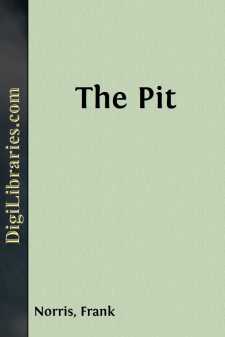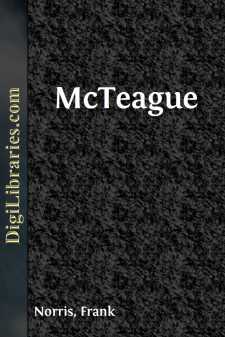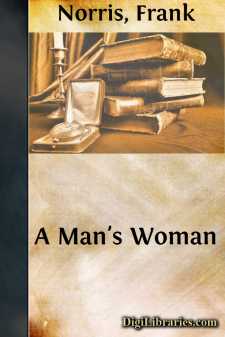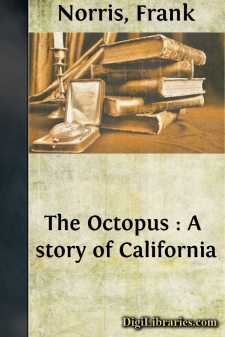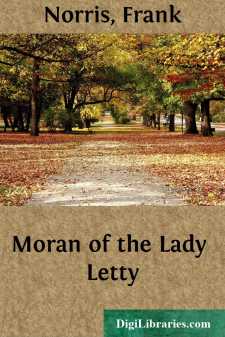Categories
- Antiques & Collectibles 13
- Architecture 36
- Art 48
- Bibles 22
- Biography & Autobiography 815
- Body, Mind & Spirit 144
- Business & Economics 28
- Children's Books 18
- Children's Fiction 14
- Computers 4
- Cooking 94
- Crafts & Hobbies 4
- Drama 346
- Education 58
- Family & Relationships 59
- Fiction 11835
- Games 19
- Gardening 17
- Health & Fitness 34
- History 1378
- House & Home 1
- Humor 147
- Juvenile Fiction 1873
- Juvenile Nonfiction 202
- Language Arts & Disciplines 89
- Law 16
- Literary Collections 686
- Literary Criticism 179
- Mathematics 13
- Medical 41
- Music 40
- Nature 180
- Non-Classifiable 1768
- Performing Arts 7
- Periodicals 1453
- Philosophy 65
- Photography 2
- Poetry 896
- Political Science 203
- Psychology 44
- Reference 154
- Religion 515
- Science 126
- Self-Help 85
- Social Science 83
- Sports & Recreation 34
- Study Aids 3
- Technology & Engineering 60
- Transportation 23
- Travel 463
- True Crime 29
Our website is made possible by displaying online advertisements to our visitors.
Please consider supporting us by disabling your ad blocker.
The Pit
by: Frank Norris
Description:
Excerpt
I
At eight o'clock in the inner vestibule of the Auditorium Theatre by the window of the box office, Laura Dearborn, her younger sister Page, and their aunt—Aunt Wess'—were still waiting for the rest of the theatre-party to appear. A great, slow-moving press of men and women in evening dress filled the vestibule from one wall to another. A confused murmur of talk and the shuffling of many feet arose on all sides, while from time to time, when the outside and inside doors of the entrance chanced to be open simultaneously, a sudden draught of air gushed in, damp, glacial, and edged with the penetrating keenness of a Chicago evening at the end of February.
The Italian Grand Opera Company gave one of the most popular pieces of its repertoire on that particular night, and the Cresslers had invited the two sisters and their aunt to share their box with them. It had been arranged that the party should assemble in the Auditorium vestibule at a quarter of eight; but by now the quarter was gone and the Cresslers still failed to arrive.
"I don't see," murmured Laura anxiously for the last time, "what can be keeping them. Are you sure Page that Mrs. Cressler meant here—inside?"
She was a tall young girl of about twenty-two or three, holding herself erect and with fine dignity. Even beneath the opera cloak it was easy to infer that her neck and shoulders were beautiful. Her almost extreme slenderness was, however, her characteristic; the curves of her figure, the contour of her shoulders, the swell of hip and breast were all low; from head to foot one could discover no pronounced salience. Yet there was no trace, no suggestion of angularity. She was slender as a willow shoot is slender—and equally graceful, equally erect.
Next to this charming tenuity, perhaps her paleness was her most noticeable trait. But it was not a paleness of lack of colour. Laura Dearborn's pallour was in itself a colour. It was a tint rather than a shade, like ivory; a warm white, blending into an exquisite, delicate brownness towards the throat. Set in the middle of this paleness of brow and cheek, her deep brown eyes glowed lambent and intense. They were not large, but in some indefinable way they were important. It was very natural to speak of her eyes, and in speaking to her, her friends always found that they must look squarely into their pupils. And all this beauty of pallid face and brown eyes was crowned by, and sharply contrasted with, the intense blackness of her hair, abundant, thick, extremely heavy, continually coruscating with sombre, murky reflections, tragic, in a sense vaguely portentous,—the coiffure of a heroine of romance, doomed to dark crises.
On this occasion at the side of the topmost coil, a white aigrette scintillated and trembled with her every movement. She was unquestionably beautiful. Her mouth was a little large, the lips firm set, and one would not have expected that she would smile easily; in fact, the general expression of her face was rather serious....


